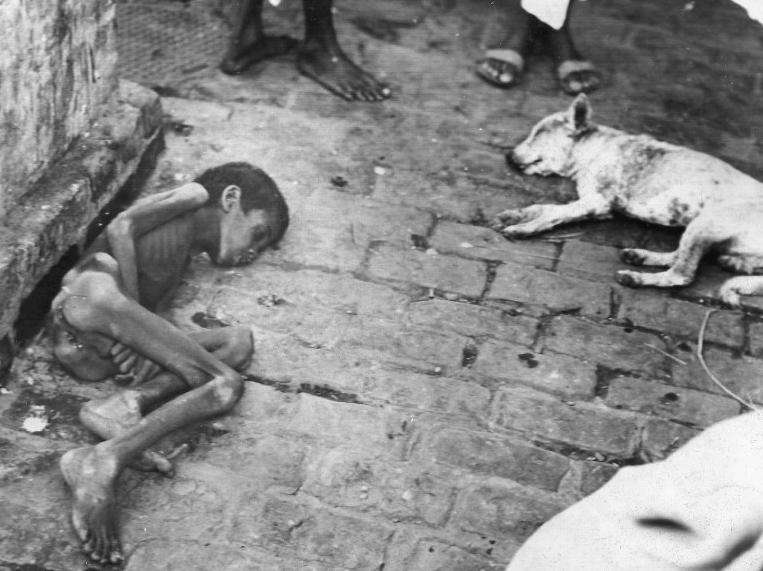Gibbs
SENIOR MEMBER

- Joined
- Feb 16, 2013
- Messages
- 7,319
- Reaction score
- 7
- Country
- Location
My son, just look at any historical map from when the British arrived. Perhaps in Shit Lanka they don't teach history so you will need to self educate yourself I'm afraid faggot
Lol.. First of all a false flagged cock sucker cannot afford to call anybody "son" .. And be careful when you mention shit.. Cos the whole world know who is synonymous with shit..
 .
.I guess you're days are numbered here anyway pooftah.. The Mods are specially strict on veggie farts with false flags
So what mountbatten simply said to the princesly states to fuk off you are on your own. But it was Patel who had to coerce them into joining the union. Even resorting to military action as in the case of Junagadh and Hyderabad.
Not only the political integration but establishing a new constitution, division of state on linguistic lines, distribution of power in a federal structure these were herculean task . India is far more diverse and populous compared to even europe, to run a functional democracy when many of neighbours fell to autocratic dictatorship is no mean task.
Look at Sri lanka for example you have only 2 main ethnic groups the Sinhalese and Tamils and still you had bloody civil war for 3 decades. India being home to so many ethnic groups from many caste creed and religion is still intact and thriving is a testament to our visionary founding fathers.
I never disputed the fact that India remains what it is today because of the architect's of the independence.. To call them founding fathers is a misconception.. They made a strong constitution to pacfy various groups and keep them in the union through enough devolution and strong central govts and armed forces.. The nation that the Brits handed over to them.. That's a fact
And you're completely right thats one aspect post independence leaders of Ceylon failed miserably.. Nation building
But it is also a fact remains India what it is today is a creation of the British and will remain so
Last edited:






